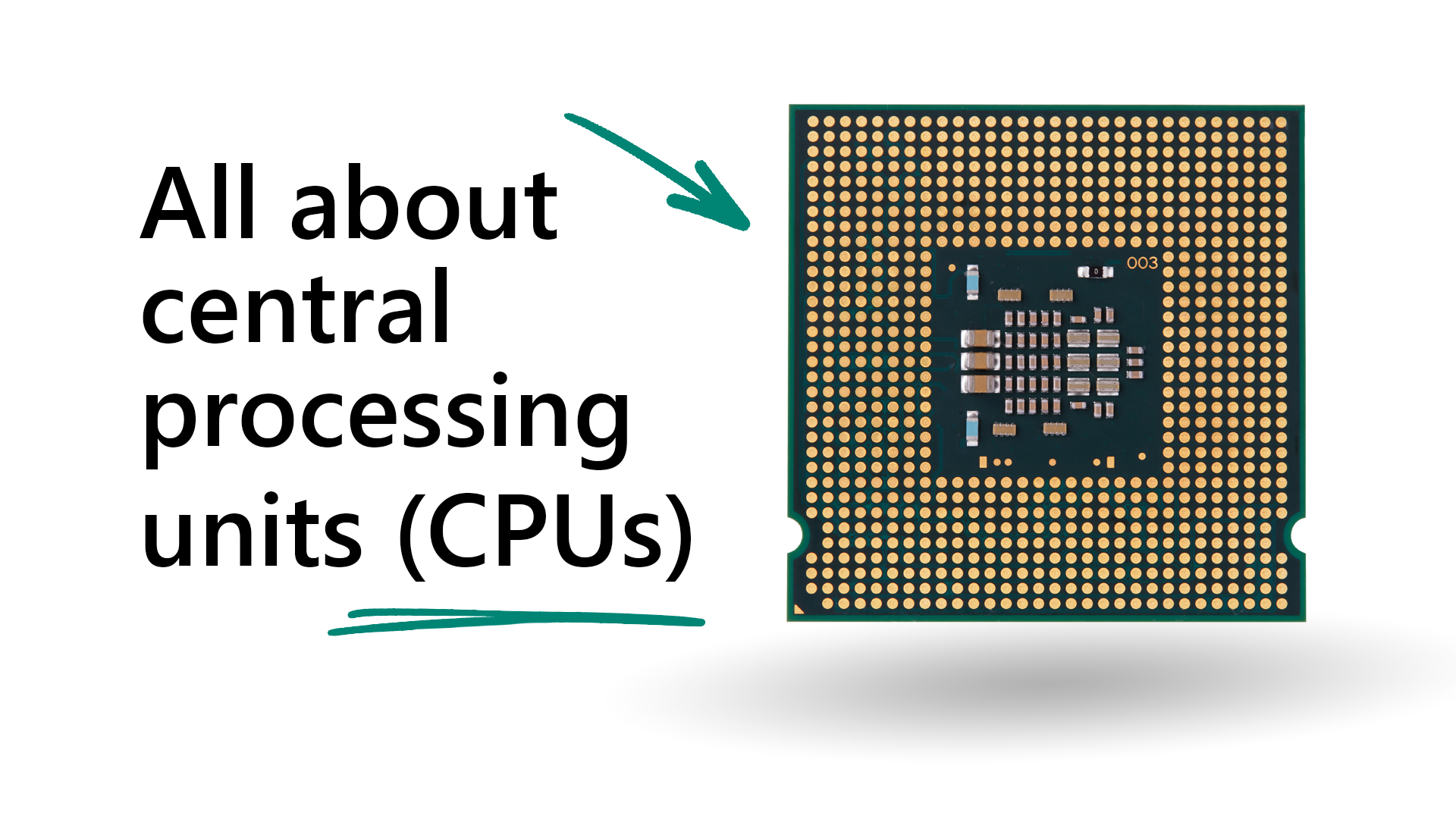Processors, or central processing units (CPUs), are the heart of any computer system. They perform the calculations and processing tasks that enable software applications to run. Here’s an overview of the main types of processors available today:
Types of Processors: A Comprehensive Overview
1. Intel Processors
- Celeron: Entry-level processors designed for basic tasks like web browsing and word processing. They are budget-friendly but offer limited performance.
- Pentium: Slightly more powerful than Celeron, suitable for everyday computing tasks and light multitasking.
- Core i3, i5, i7, and i9: These are part of Intel’s Core series.
- Core i3: Good for general use and light gaming.
- Core i5: Balanced performance for gaming, content creation, and multitasking.
- Core i7: Higher performance for intensive tasks, gaming, and professional applications.
- Core i9: Top-tier performance for enthusiasts, gamers, and professionals requiring the best processing power.
2. AMD Processors
- Athlon: Entry-level processors for basic computing needs. Affordable but limited in performance.
- Ryzen: Offers a range of performance levels with a strong focus on multi-threading.
- Ryzen 3: Suitable for everyday tasks and light gaming.
- Ryzen 5: Good for gaming and multitasking.
- Ryzen 7: High performance for gamers and content creators.
- Ryzen 9: Premium performance for demanding applications.
3. Mobile Processors
- Qualcomm Snapdragon: Widely used in smartphones and tablets, offering a good balance of performance and battery efficiency.
- Apple M1 and M2: Apple’s custom ARM-based processors for MacBooks and iPads, known for their high performance and energy efficiency.
- MediaTek: Another mobile processor option, often found in budget-friendly devices, providing decent performance for everyday tasks.
4. Embedded Processors
- ARM Processors: Used in mobile devices and IoT devices for their power efficiency and performance. Common in smartphones, tablets, and wearables.
- Intel Atom: Designed for low-power devices, such as netbooks and embedded systems.
5. High-Performance Processors
- Xeon: Intel’s line of processors for servers and workstations, designed for handling heavy workloads and multitasking.
- EPYC: AMD’s high-performance server processors, competing with Intel’s Xeon series, offering high core counts and scalability.
Conclusion
Understanding the different types of processors can help you choose the right one based on your computing needs, whether for basic tasks, gaming, professional work, or mobile applications. For the latest processors and tech products, consider checking out Psero.com for competitive prices and a wide selection!

